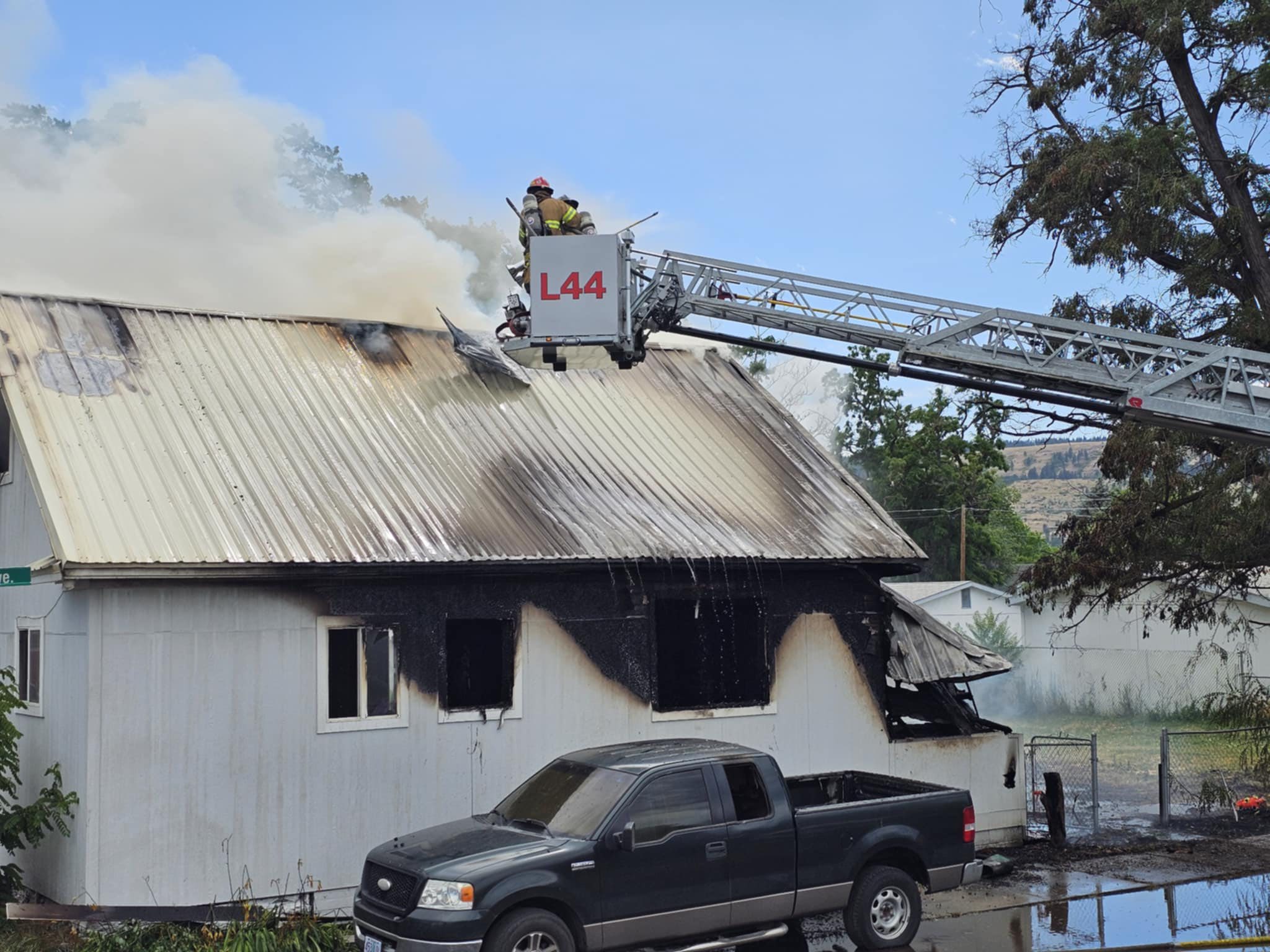Transgender athletes find mixed participation rules with NAIA and OSAA
Published 3:00 pm Sunday, April 28, 2024

- Eastern Oregon University’s Finance and Administration Committee voted April 30, 2024, to recommend the university trim its 2024-25 budget by $4.8 million due to a revenue shortfall.
LA GRANDE — Allowing transgender athletes to compete at the Olympic, college and high school level is a hot topic, and those talks have reached Oregon over the past couple of weeks.
The National Association of Intercollegiate Athletics recently put in place a policy that all but bans transgender athletes from competing in women’s sports in all 250 NAIA colleges across the nation.
The policy change was announced April 8. The NAIA Council of Presidents approved the policy in a 20-0 vote.
The NAIA governs small colleges, including Eastern Oregon University, Southern Oregon University, College of Idaho and Oregon Institute of Technology. There are approximately 83,000 athletes competing in 27 sports in NAIA schools across the nation.
EOU Assistant Athletic Director of Marketing and Communications Dawson Forcella said the the university would like all communications on the matter to go through Vice President for University Advancement Tim Seydel. Seidel did not respond to a phone call from the East Oregonian.
NAIA President and CEO Jim Carr said in an interview with The Associated Press he understands the policy will generate controversy but it was deemed best for member schools for competitive reasons.
“We know there are a lot of opinions, and a lot of people have a very emotional reaction to this, and we want to be respectful of all that,” Carr said. “But we feel like our primary responsibility is fairness in competition, so we are following that path. And we’ve tried as best we could to allow for some participation by all.”
Fair competition?
A week after the NAIA decision, there has been outrage from people across the state and nation about Aayden Gallagher, a transgender athlete from 6A McDaniel High School in Portland, who was allowed to compete in the girls races at the Sherwood Need for Speed Classic on April 13.
The event gained national attention with reports by the The New York Post and Fox News, and Oregon legislators weighed in.
On April 16, the 12 Oregon Republican House and Senate women sent a letter to Oregon School Activities Association Executive Director Peter Weber in regards to the event.
The group cited OSAA’s 2016 policy on gender identity participation, which states the policy “promotes harmony and fair competition among member schools.”
The legislators say instead of ensuring fair competition, a biological male has found a place in the female sports record books.
It goes on to say the OSAA and the state of Oregon do not deem girls and girls’ sports worthy of protecting and that the records they set are not meaningful.
State Representative Bobby Levy of Echo, who was a signee of the letter, was contacted for a comment, but she did not respond.
On April 18, Weber responded to lawmakers. He defended the policy, saying state law has long prohibited discrimination on the basis of sexual orientation. However, he declined to offer any additional comments on the issue.
“We are going with the response letter we sent last week at this time,” he said.
The letter from Weber lays out the laws set by the state that the OSAA must follow.
In the letter, Weber concluded by saying, “As the Executive Director of OSAA, I work with our member schools and legal counsel to establish rules, policies, and guidelines that follow the legislative directives of the Oregon Legislature. With regard to the track meet described in your letter, we believe that our policy and our member schools are in compliance with all applicable laws.”
Finding a way to make it work
The Republicans are seeking legislative change in 2025 to remove all records set by male students allowed to compete in girls sports and award those achievements to the biological female student(s) who should have received the record or award.
They also encourage parents and girls to withdraw from competitions that allow transgender athletes to participate.
The group said it wants to work with the OSAA in finding a solution to the matter.
At the Sherwood Need for Speed Classic, Gallagher placed second in the 200 meters, the 400, and ran legs on the 4×100 and 4×400 relay teams that both placed in the top eight, earning points for their team.
A video of the 200 shows Gallagher dominating the competition in their heat, with the next nearest runner 5 seconds behind. Gallagher finished second in the event with a time of 25.49 seconds, which would have placed 61st in the boys’ 200 that day.
In the 400, Gallagher’s time of 55.61 was a personal best, but would have only been good enough for 46th in the boys’ race.
Transgender athlete concerns have been a nation-wide issue for years, and each state has its own policies.
As of Nov. 22, 2021, there were 16 states, including Oregon and Washington, that have friendly policies that help facilitate the full inclusion of transgender and nonbinary students in high school athletics.
There are six states, including Idaho and Texas, with guidance that exclude transgender and nonbinary students by requiring students to participate in athletics based on their birth certificate or their sex assigned at birth.
Three states, Indiana, Kentucky and Louisiana, bar transgender and nonbinary students from participation unless they have undergone surgery.
There are 10 states that have not issued any statewide guidance.









